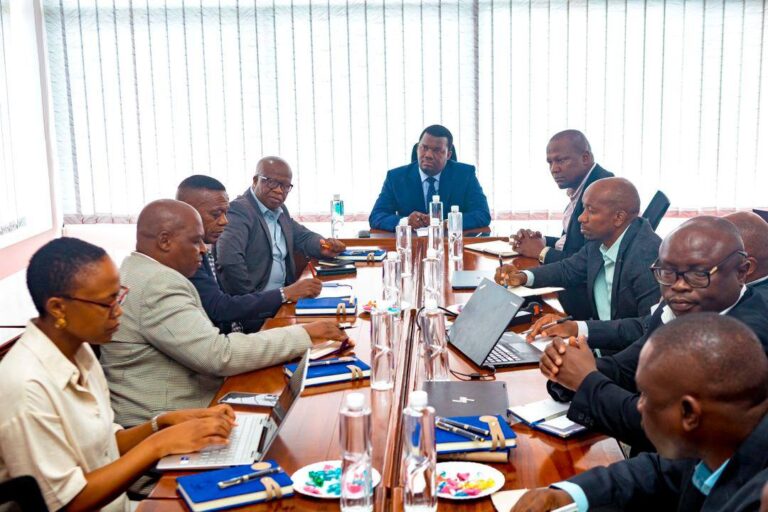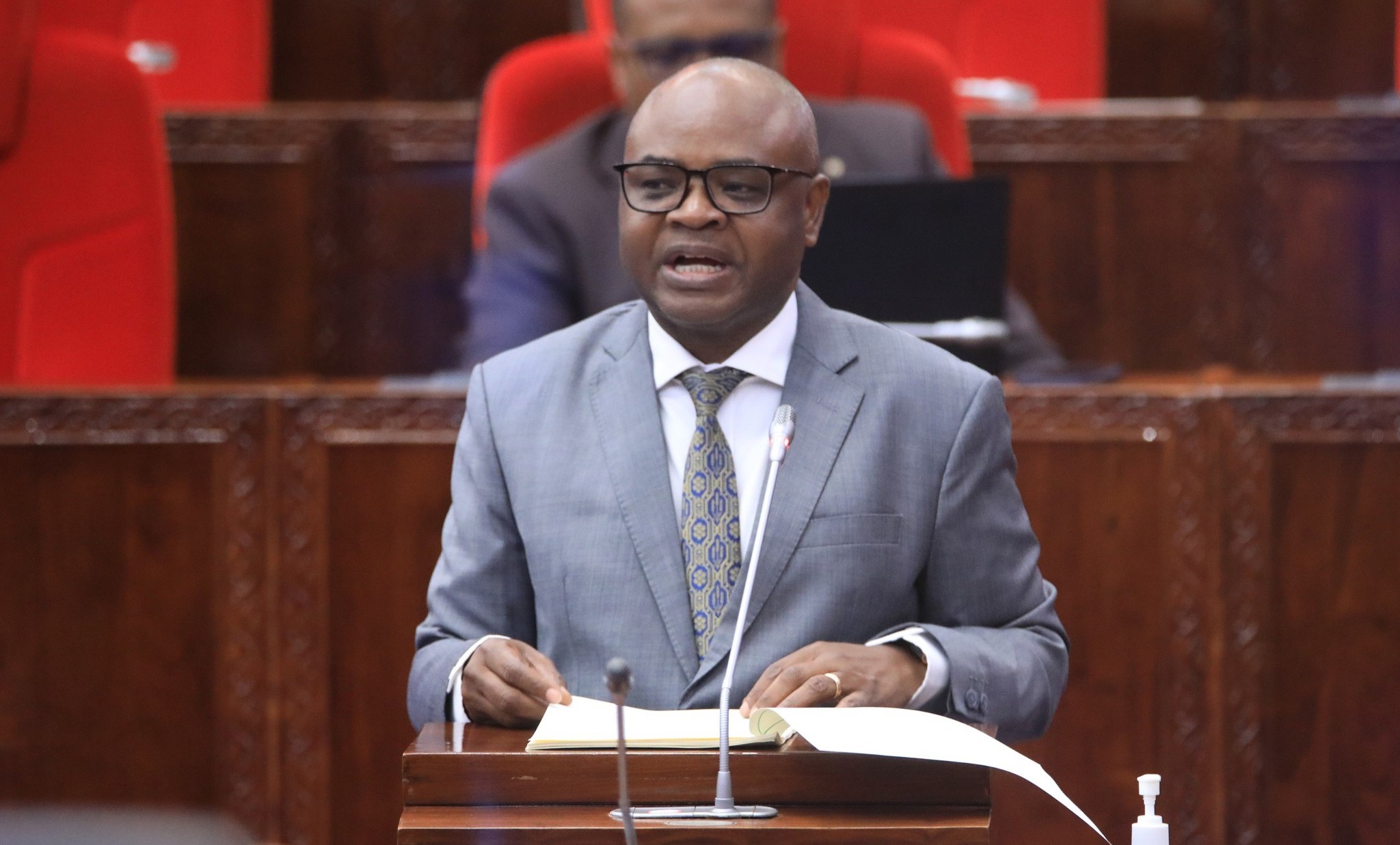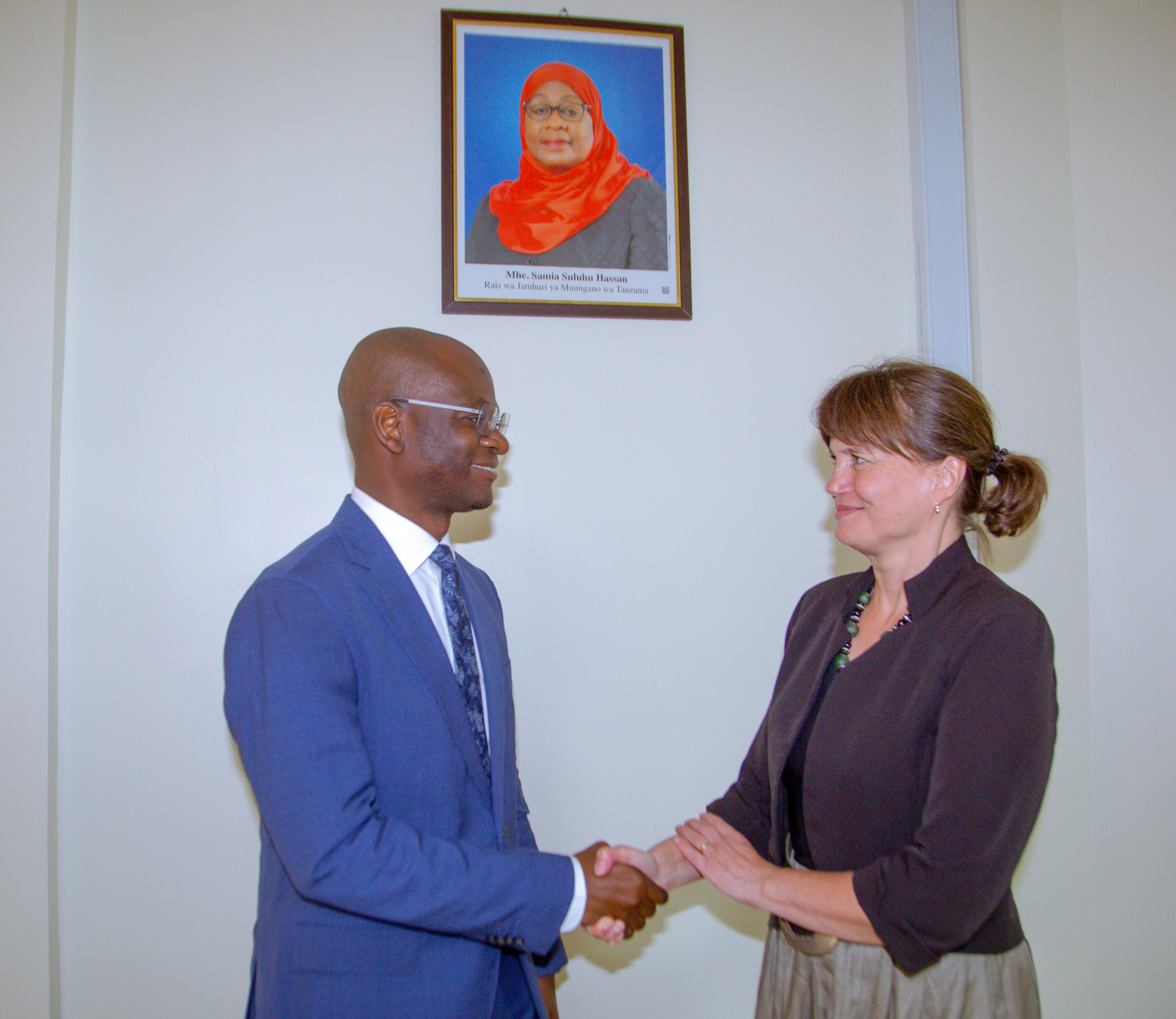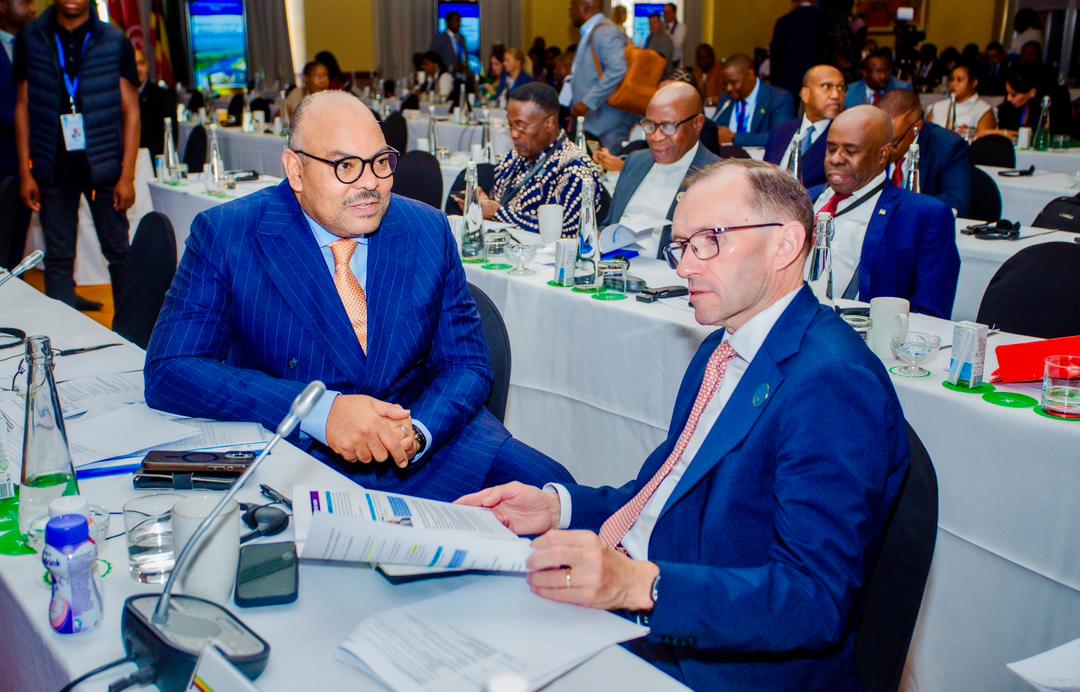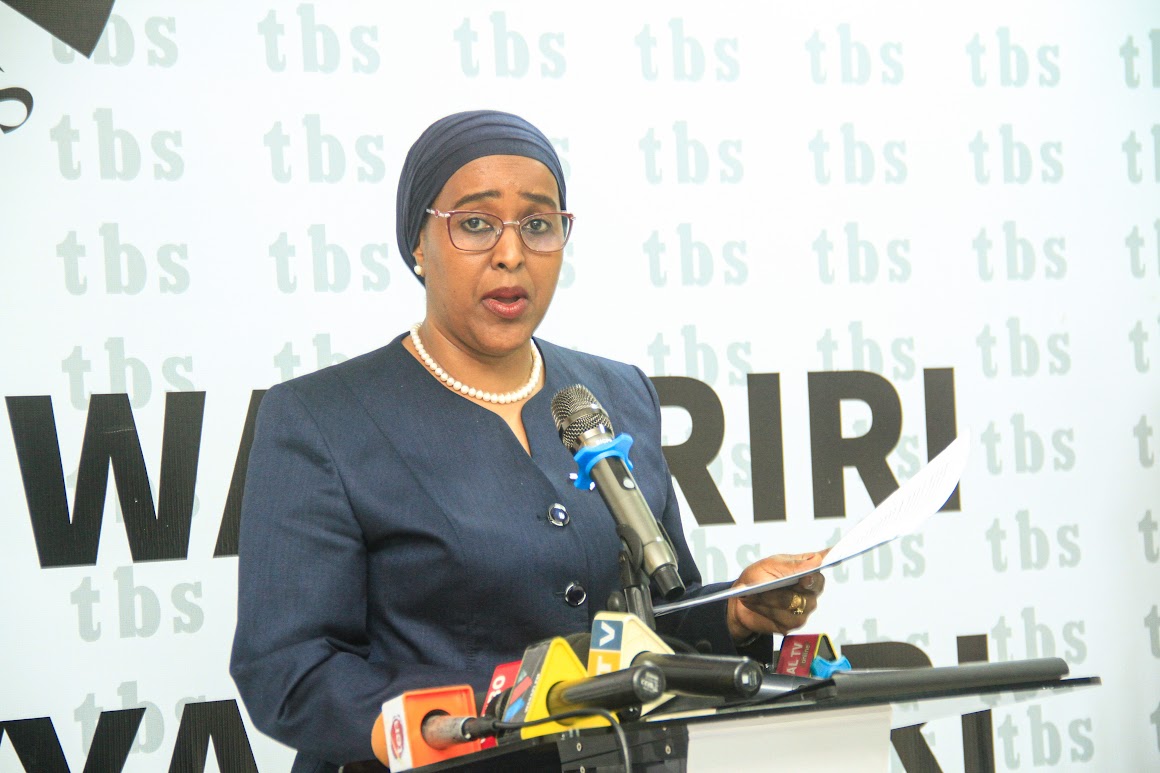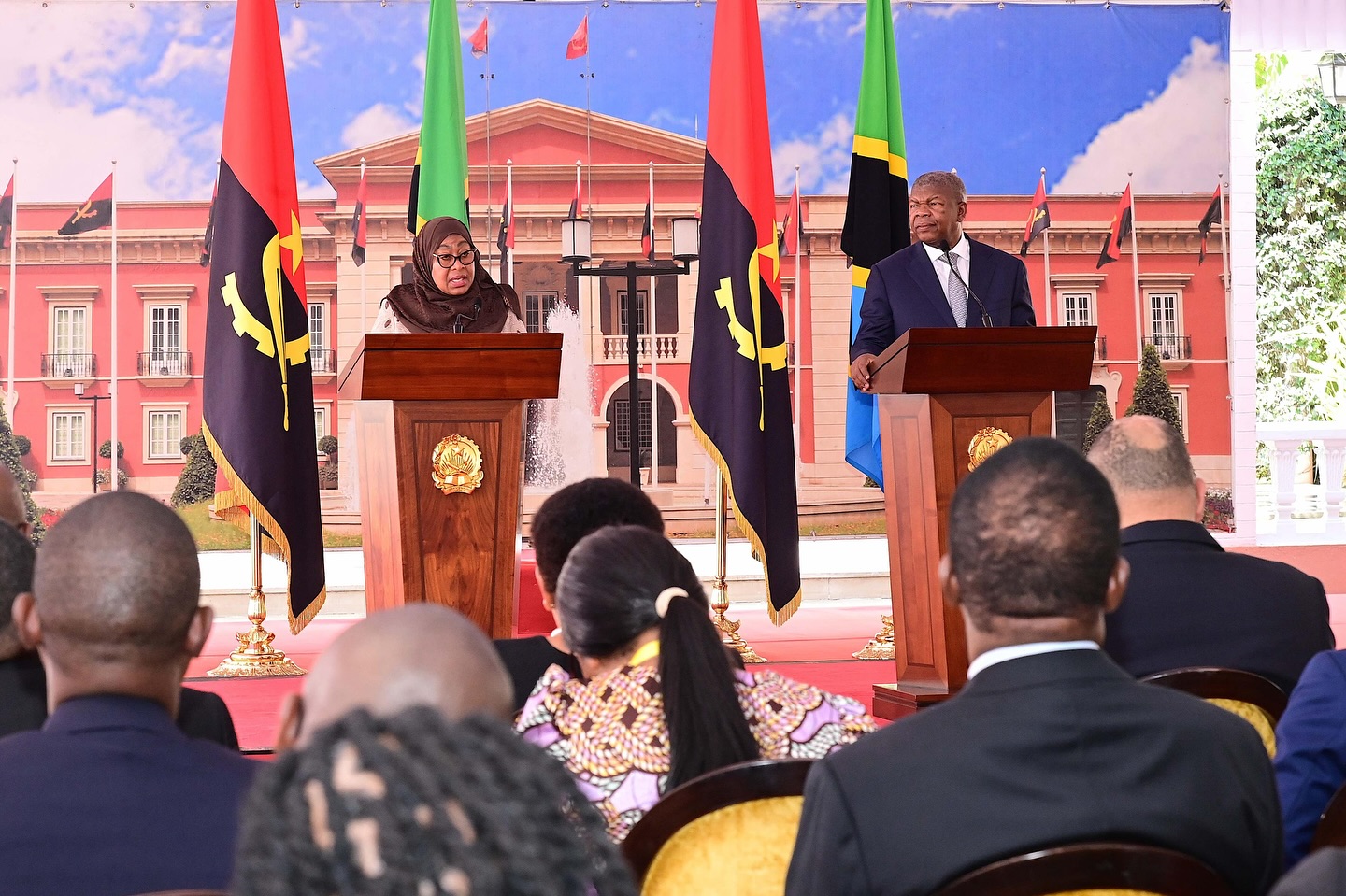Dar es Salaam. The government of Lesotho has expressed interest in Tanzania’s rural energy model, citing the country’s success in expanding access to clean energy through the Rural Energy Agency (REA).
Speaking on 27 May 2025, Lesotho’s Principal Secretary in the ministry of Energy, Mr Tankiso Phapano, said his country was keen to learn from Tanzania’s experience in rolling out energy access to underserved communities.
“Tanzania is among the countries that have made significant progress in the energy sector. We have followed your developments closely and are here to exchange knowledge and understand the factors behind this success,” Mr Phapano said during a study visit accompanied by a delegation of energy experts from Lesotho.
He also commended the efforts of the President of the United Republic of Tanzania, Dr Samia Suluhu Hassan, in championing the use of clean cooking energy among citizens.
Providing an overview of the rural energy landscape in Lesotho, the manager of the Rural Electrification Unit (REU), Mr Leloko Mokhutsoane, noted that the responsibility for rural electricity distribution currently lies with a department within the Lesotho Electricity Company (LEC).
He said the limitations of the current arrangement, particularly the unit’s focus on electricity alone and not broader energy needs, had prompted Lesotho to begin preparations to establish its own rural energy agency.
“Our current unit only deals with electricity. We now see the need to establish a Rural Energy Agency like Tanzania’s, one that also focuses on clean cooking energy and not just electricity,” Mr Mokhutsoane said.
In response, director of Rural Electrification at REA Tanzania, Engineer Jones Olotu, who represented the agency’s Director General, Engineer Hassan Saidy, provided the visiting delegation with an overview of the agency’s operations, milestones and current plans.
He explained that REA was formally established in 2007, when only 506 out of the country’s 12,318 villages had electricity.
He noted that as of 2025, all 12,318 villages on the Tanzanian mainland had been connected to electricity, and the current focus was on extending power supply to sub-villages (vitongoji).
“Tanzania mainland has a total of 64,359 sub-villages. So far, 33,657 — equivalent to 52.3 percent — have been connected to electricity,” he said.
Engineer Olotu added that electrification works were ongoing in the remaining 30,702 sub-villages. Of these, 7,736 are covered under ongoing projects, while the procurement of contractors for an additional 9,000 is expected to be completed by June 2025.
During the visit, the Lesotho delegation also held technical discussions with REA experts on various aspects of rural energy programme implementation.

